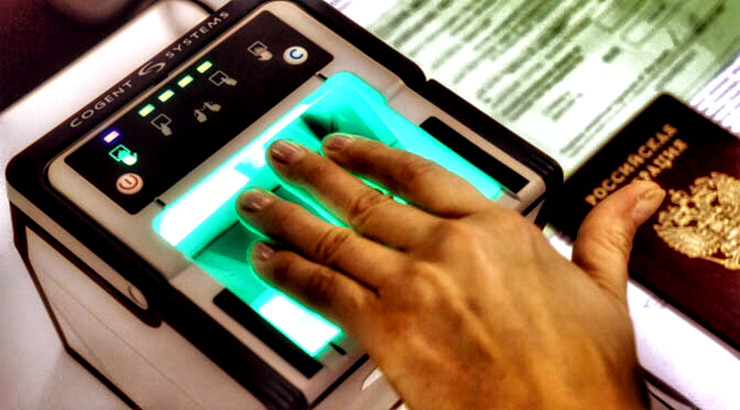All Russians to Receive Unified ID by 2019
By 2019, Russia will introduce a unified identifier that will link passport data, pension, and insurance certificates, assigning each Russian citizen their own unique ID. This information comes from sources close to the Central Bank, the Ministry of Digital Development, Communications and Mass Media, and the Ministry of Finance—all of which are involved in developing this cross-system identifier. The goal is to connect citizens’ information from various databases.
This identifier will allow citizens to find their personal data in any database. For example, on the website of the Russian Pension Fund, it will be possible to obtain your pension insurance number (SNILS) using your passport number. A source close to the Central Bank explained that the unified identifier will be a unique number. According to this source, the identifier will be introduced in 2019. “Recently, representatives from the Central Bank, the Ministry of Digital Development, and the Ministry of Finance met and decided to present proposals for implementing the unified identifier in the fourth quarter of 2018,” the source said. “These proposals will be put into practice in 2019.”
This information was confirmed by sources close to the Ministry of Digital Development and the Ministry of Finance. According to a source from the Ministry of Digital Development, it is possible that, over time, the unified identifier could replace other personal documents. Two bankers who attended the closed meeting at the Central Bank also confirmed that the introduction of the identifier was discussed. As of now, the Ministry of Finance, the Ministry of Digital Development, and the Bank of Russia have not officially responded to journalists’ inquiries.
According to Olga Skorobogatova, First Deputy Chairperson of the Central Bank, this identifier will also allow citizens to access financial services. The innovation concerns individuals and will be developed as part of the “Main Directions for the Development of Financial Technologies for 2018–2020.”
Several other countries have similar systems. These involve a personal number assigned at birth, which can be used across various systems to link a citizen to their documents—such as a passport, driver’s license, health insurance, and more.



